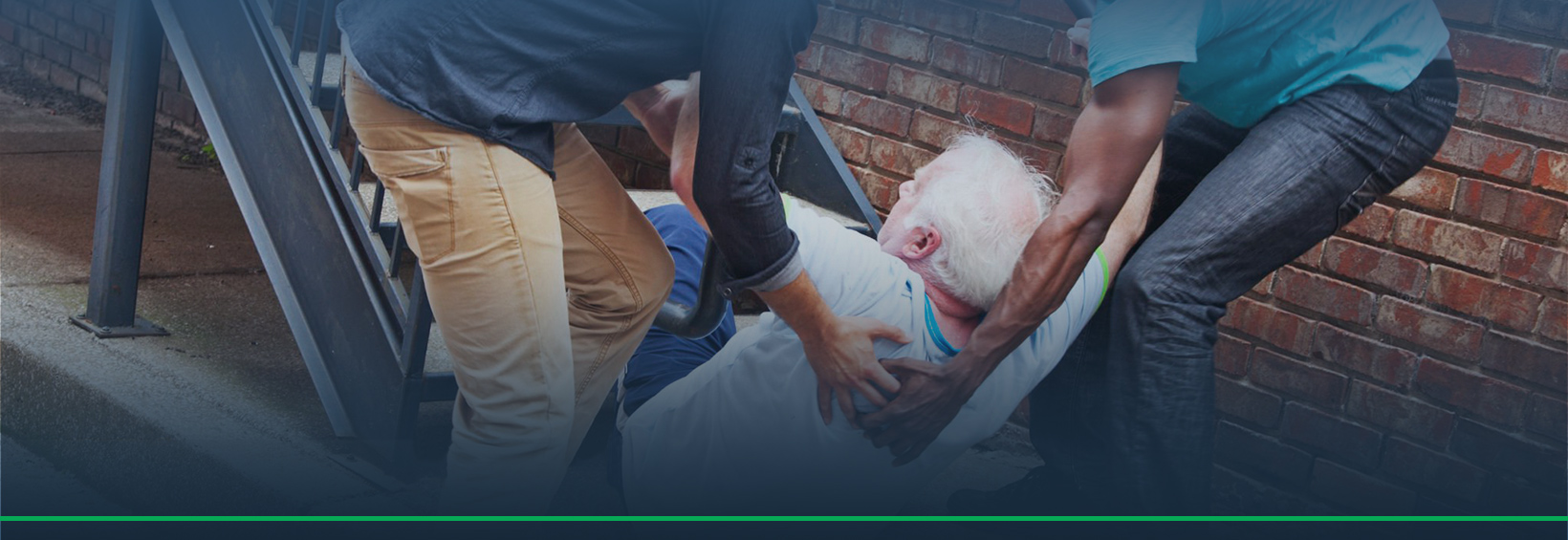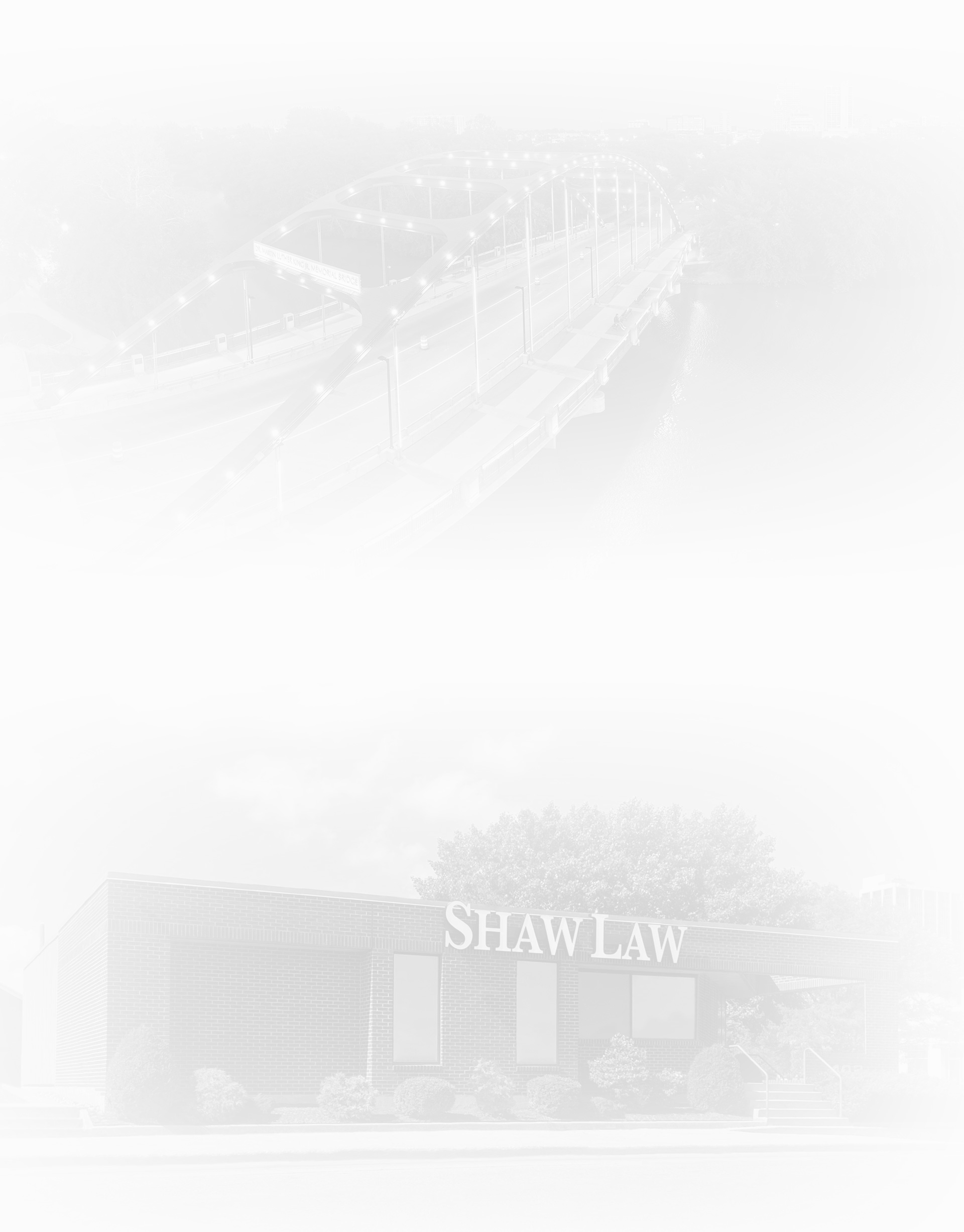
Store Or Restaurant Restroom
Slipping and falling in a store restroom or bathroom poses a unique set of problems for the injured person to recover damages in Indiana.
The first problem to overcome is one we call “equal knowledge” at Shaw Law. A main defense to these types of cases is that the injured person had equal knowledge of the dangers of the restroom or bathroom as compared to the store’s collective awareness.
For example, every living person knows that:
- Restrooms are places where water is present due to sinks, toilets and urinals
- Restrooms have floors that are tiled typically, rather than carpeted
- Tiled floors are slippery when wet
Get started on your free consultation right away - contact us here.
So How Does That Knowledge Hurt a Slip and Fall Case?
Well, in short, it’s easy for a jury to accept the store’s defense that a person using a store restroom or bathroom “should be more careful” than walking around the aisles of the store, because they know this area commonly has water on its floors as opposed to walking through the aisles where one does not expect water to accumulate.
Additionally, the Indiana Supreme Court seems to have approved this type of thinking when it issued its famous premises liability case of Burrell v. Meads, 569 N.E.2d 637 (Ind. 1991).
The Burrell Court tried to explain how a landowner or store would be responsible to a person on its premises by explaining the duty owed to the customer. The Indiana Supreme Court found the best definition of the duty owed to an invitee comes from the Restatement (Second) of Torts § 343 (1965):
A possessor of land is subject to liability for physical harm caused to his invitees by a condition on the land if, but only if, he:
- (a) Knows or by the exercise of reasonable care would discover the condition, and should realize that it involves an unreasonable risk of harm to such invitees
- (b) Should expect that they will not discover or realize the danger, or will fail to protect themselves against it
- (c) Fails to exercise reasonable care to protect them against the danger
Expectations
This explanation seems to impose responsibility upon the landowner only if he expects the customer will not discover or realize the danger on the land. In other words, it seems to define a dangerous condition on the land based upon the expectations of the customer.
This explanation can be very problematic for the injured person and the attorney trying to recover damages for a slip and fall in a store bathroom or restroom, because “everybody knows” restrooms can be slippery and dangerous.
But, here at Shaw Law, we know that this “equal knowledge” is not fatal to a slip and fall case. We believe equal knowledge does not defeat a slip and fall in a store restroom case, because “reasonable care” is still required by the landowner.
Of course, everybody knows a store restroom can be a slippery place, but that does not give the store owner free rein to neglect cleaning the restroom or fail to inspect it for excessive water on the floor.
In fact, we believe that the slip and fall in a store restroom in Indiana can be won for exactly this reason – the store owner has prior knowledge that restrooms can be dangerous to customers.
This prior knowledge by the store owner should put him or her on heightened notice that inspections are necessary and repairs are required, because failure to do so can result in severe injuries to customers. Many fast-food restaurants recognize this danger and require frequent inspections – we have all seen the ubiquitous posters on the back of restaurant restrooms “this restroom was inspected 15 minutes ago by Employee X.”
Failure to follow its own inspection guidelines can lead to a finding by a jury that the restaurant or store failed to exercise “reasonable care.” Our attorneys have made the argument to juries that failing to follow internal guidelines and safety requirements is tantamount to negligence.
An additional problematic issue regarding slip and falls in store and restaurant restrooms and bathrooms in Indiana is the fact that no videotape exists in these types of situations. Stores are not permitted to videotape the interior of restrooms and bathrooms in Indiana due to privacy reasons. While this prohibition makes sense, it also prevents the person injured by a slip and fall from having access to a visual representation of the scene.
The bottom line is this: if you have been injured by a slip and fall on water or debris in an Indiana store or restaurant restroom, you need an experienced attorney who has handled dozens of these types of cases.
Contact Shaw Law to discuss your Indiana restroom slip and fall case. No fee until we win. It’s free to talk at (260) 777-7777.
